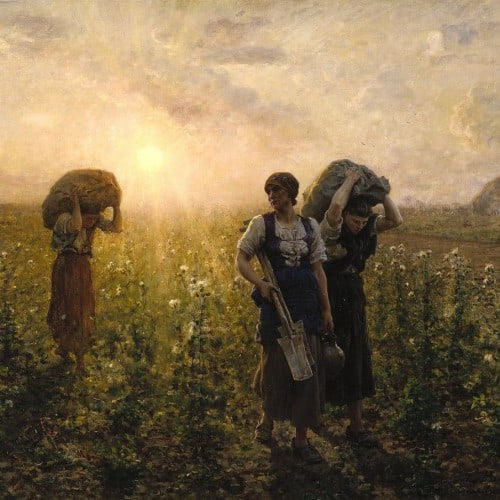What do you know: the summer is already gone! It feels that only moments ago we solicited contributions to our fieldwork thread, and now it is time to bid them farewell. During this summer we have shared a fascinating journey – to make full use of the overarching metaphor that has accompanied this thread – from far-away places to those most near and dear to us.
Concretely we refer to the relationship that anthropologists have to their research topics, informants – and their identities as anthropologists. Our journeys, whether occurring on foot, via bus or subway, have reminded us once again how in anthropology few things are what they seem at the outset, and how this quality continually makes our discipline unique.
On the basis of this thread we can confirm, echoing what Tim Ingold has recently highlighted: anthropology is, and always has been, much more than ethnography characterized by arduous journeys to remote geographies.
When one’s anthropological lens is properly attuned, one can complete this journey by simply walking from one coffee shop to the next – or better yet, by not moving at all.
This week concludes our thread via five posts from authors who have become familiar to us by now. We open the week with two posts that both discuss arriving to one’s field site, simultaneously demonstrating how this journey often begins much earlier – be it via the unexpected ending of old projects or other unexpected turns that life outside our fieldsites brings with it.
Amanda Reinke discusses this theme via her post focusing on the transformations characterizing San Francisco. In this second part of her fieldnotes she illustrates how the proliferation of tangible everyday journeying impacts work on alternative justice.
Mina Baginova discusses arriving in her field, both in concrete geographic terms as well as in terms of becoming an activist anthropologist. She concludes with familiar sentiments to all anthropologist: how her journey made her eventually feel at home in a place that was alien to her prior to her work, impacting profoundly also her analysis.
Amina Tawasil continues the theme of belonging and being left out as she elaborates her earlier glimpse of education and schooling occurring on a bus in Northern Teheran. She discusses the notion of journeying via upward mobility alongside strategies for choosing to stay outside recognized avenues in this path.
Her post results in a powerful reminder of how the anthropologist should always remember the individual agency of their informants rather than merely view them from the omnipotent forces of ‘culture’ – no matter how busy they/we are to travel to the final outcomes of our analyses.
In her post Sonja Trifuljesko continues her journey on a subway in Helsinki, Finland, simultaneously following concrete changes in the city’s landscape as well as the university of Helsinki located at its heart.
Via soundbites from fleeting conversations by strangers she captures an ongoing change that the university is currently undergoing – in resonance with university transformations globally.
Jointly these layers of her description remind us of yet another crucial ingredient to organic analysis, an ingredient that is continually more difficult to adhere to in the midst of demands for quantified ‘transparency’: chance.
Perhaps more anthropologists in the future need to embrace the opportunities to coincidence as Sonja Trifuljesko has done – via her recorder that has the curious habit of switching on at odd, unsuspected moments.
This week – alike this year’s fieldwork thread – concludes with Franziska Fay’s post on yet another highly familiar moment: returning from the field. In her post she describes likewise familiar experiences of receiving gifts from informants that clearly surpass ordinary politeness and extend to the realm of friendship.
This is yet another part of the anthropological journey worth highlighting, and one that often requires significant work.
How does one maintain one’s analytical eye on the lives and actions of people who have over this shared intellectual journey become much more than living databanks of information?
This is, of course, yet another familiar question that is intrinsic to anthropological research – and also one of the many elements that keep our intellectual journey in motion long after our concrete travels have ended.
This is also an apt moment for summarizing our collective #Fieldwork thread. Warm thanks to all of our authors for sharing their journeys with us, and thus once again illustrating the full diversity of what our discipline has to offer.
We continually feel that there is truly nothing else like anthropology – and it remains our most sincere pleasure to continue spreading ‘anthropological gospel’ via our collective work!






